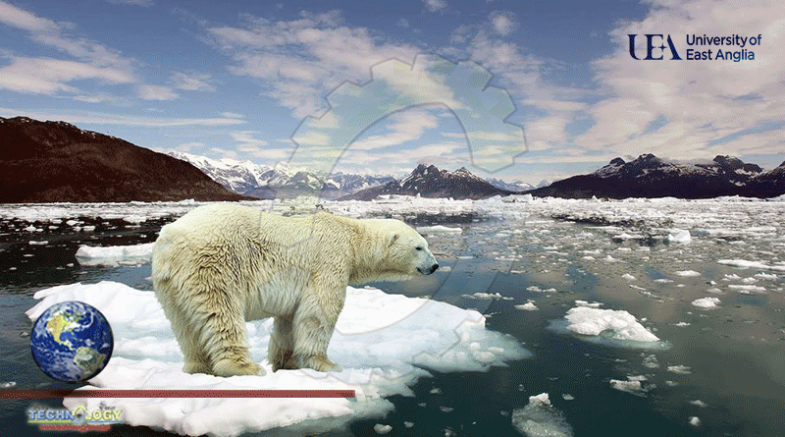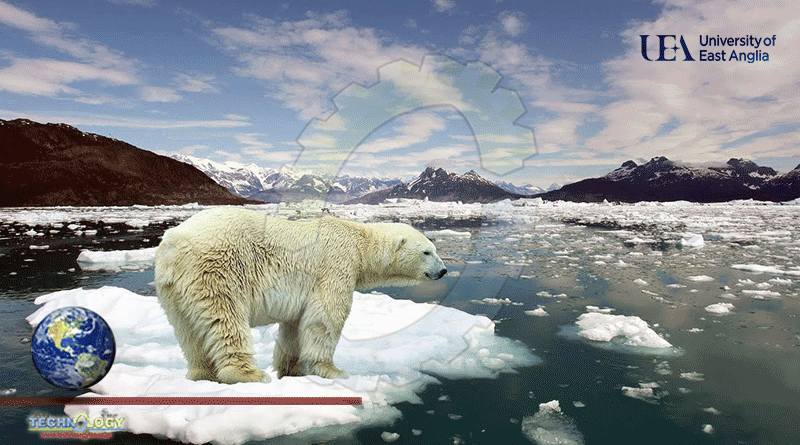Effects Of Global Warming On Imbalance Of Phyto-plankton Community And The Dominance Of Prokaryotes In The Range Of Eukaryotes

Most of our diet comes from eukaryotic phytoplankton found in the North Atlantic, North and South Pacific Oceans. Warned Recent study Published in Nature Communications, the global food web and ecosystem services on which we all depend depend on the effects of global warming on the imbalance of the phytoplankton community and the dominance of prokaryotes in the range of eukaryotes.
Phytoplankton communities
Phyto-plankton, photosynthetic microorganisms, form the basis of seafood nets, but they are evenly distributed throughout the oceans, where they are found in warmer waters, such as the tropics, where they are dominated by non-microbes. An embryonic membrane-link called “prokaryotes”. Microbes, also known as “eukaryotes”, spread near the poles and form food networks in the cold water there. Algae are one of the types of eukaryotes. The warmer oceans are dominated by microorganisms called “prokaryotes” (shutterstock).
Prokaryotes are different from eukaryotes because they cannot produce all the lipoproteins and other components found in eukaryotes, so most of our food comes from the eukaryotic phyto-plankton found in the North Atlantic, North and South Pacific regions. But are there differences that differentiate phyto-plankton communities from each other? This question prompted an international team of 8 research institutes led by researchers from the School of Computer Science at the University of East Anglia (UAE) in the United Kingdom. The team also includes researchers from the Joint Genome Institute (JGI), a joint venture of the US Department of Energy (DOE). Press release About the study – Earlham Institute, University of Exeter in the United Kingdom and the Alfred Wegener Institute Alfred Wegener Institute for Polar and Marine Research, University of Duisburg-Essen in Germany, Institute for Marine Research and University of Kroningen in the Netherlands.
Invisible boundaries for algae communities
The team embarked on a journey to explore, collect and list specimens from phyto-plankton communities and search for their characteristic patterns, including microorganisms that affect their diversity and genetic signature. Collecting samples of algae from the Arctic Ocean, the North and South Atlantic and the South Ocean, they traveled from pole to pole on four research expeditions. After isolating the algae communities in the filters, the DNA “marker” genes were sorted to identify the microorganisms. They then arranged the RNA transcripts. Researchers have not been able to observe a gradual sequence across the waters of the world’s oceans. In cold polar water (eukaryotes), and in hot water (prokaryotes).
One of the consequences of accelerating climate change
The researchers said in their study that the constant movement of warm water towards the poles can have serious effects on marine life in food nets. Many species of whales, including gray and humpback whales, migrate to the polar regions to feed on krill or shrimp, which feed on algae. The grill is a shrimp-like creature that grows in the southern ocean. Explaining the importance of this organism in the world food web, Krill’s biomass is equivalent to the biology of all humans on the planet, the study says. Thus, rising water temperatures and altered algae communities adversely affect the grill or shrimp, thus leaving more organisms in the food chain.
Disruption of the global carbon cycle
The change in the balance between prokaryotes and eukaryotes alters the global carbon cycle, thus affecting the global food web, with phyto-plankton estimated to contribute 50% of the world’s stable carbon. In addition, climate change could threaten seafood industries and other ecosystem services such as islands and coastal countries such as the United Kingdom. When discussing a new perspective on how global warming is affecting these marine communities, researchers hope that the results of their study could be used by policymakers to mitigate the effects of climate change on ecosystems.
This news was originally published at Pakistan Christian
